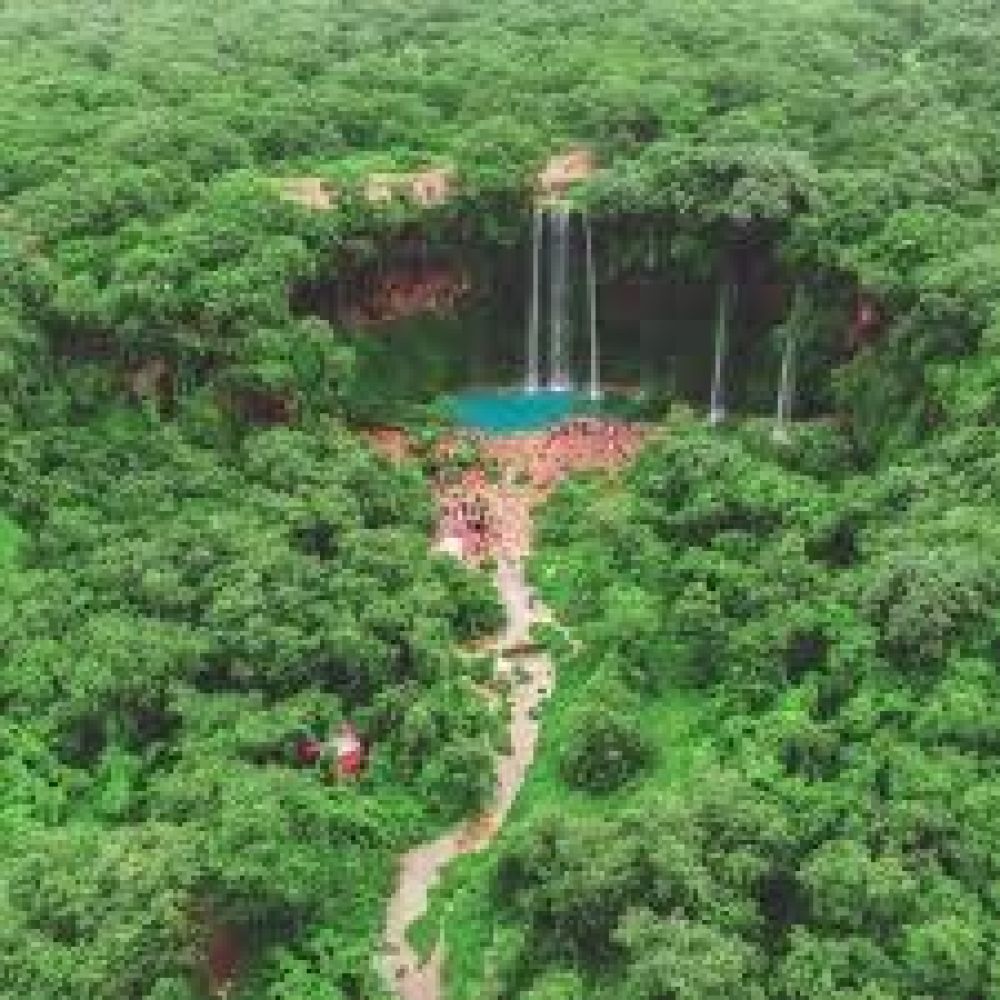

Salalah, the vibrant capital of the Dhofar region in Oman, has a unique place in the history of tourism in the Middle East. Nestled against the Indian Ocean and famously known for its annual monsoon season, or the Khareef, Salalah presents a contrast to the stark landscapes commonly associated with the Arabian Peninsula. This lush, tropical region has been a magnet for travelers seeking a different side of the Arabian experience.
The Dhofar region, where Salalah is situated, has been an important trade center since ancient times. It was particularly renowned for the trading of frankincense, an aromatic resin used in incense and perfumes. The area is home to the ‘Land of Frankincense’, an UNESCO World Heritage Site, which includes the ancient ruins of the city of Al-Baleed, the frankincense trees of Wadi Dawkah, and the caravan oasis of Shisr/Wubar. These cultural and historical sites serve as foundational pillars of Salalah's tourism offerings.
Tourism in Salalah took a significant turn in the late 20th century. The government of Oman, under the visionary leadership of His Majesty Sultan Qaboos bin Said, began to actively promote tourism as part of a strategy to diversify the economy away from oil dependence. Investment poured into the region to improve infrastructure, including the upgrade of Salalah Airport, construction of luxury hotels, and improvement of roads to connect tourist attractions.
The key catalyst in boosting tourism numbers has been the seasonal monsoon or Khareef, occurring from June to September, turning the region into a cool, misty paradise amidst the typically hot Arabian summer. This yearly transformation has been celebrated with the Salalah Tourism Festival, drawing visitors from around the GCC countries and beyond to enjoy cultural events, traditional arts, and the unique climate.
In recent years, Salalah has seen the emergence of eco-tourism and adventure tourism as sustainable trends. Tourists are being attracted to its diverse flora and fauna, mountain ranges, and marine life. Activities like bird watching, camel treks, scuba diving, and hiking are increasingly popular among tourists seeking an active holiday experience close to nature.
The tourism sector in Salalah continues to evolve. Nowadays, there is an increased focus on year-round tourism, promoting Salalah not just as a monsoon retreat but as a destination with an array of cultural, historical, and natural attractions.
Luxury tourism is on the rise, with the development of upscale resorts and spas catering to high-end travelers. A growing number of tourists are seeking out wellness and cultural experiences, connecting with the local traditions, cuisine, and heritage of the region.
In the wake of the global pandemic, there is also a trend towards health and safety in travel, with enhanced measures being implemented across Salalah's hospitality and tourism sectors to ensure the wellbeing of visitors.
The future of tourism in Salalah looks promising, with continuous efforts to improve visitor experiences, sustainability initiatives, and the preservation of the region's unique culture and environment. The combination of Salalah's rich history, natural beauty, and the Omani people's renowned hospitality, ensures its place as a timeless and captivating destination for travelers from around the world.